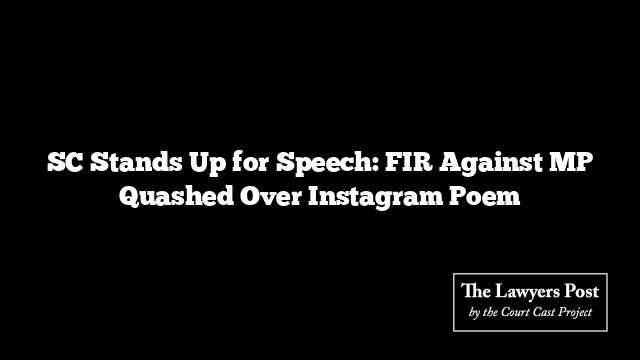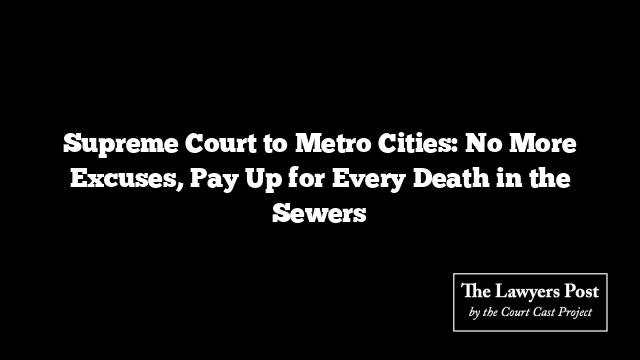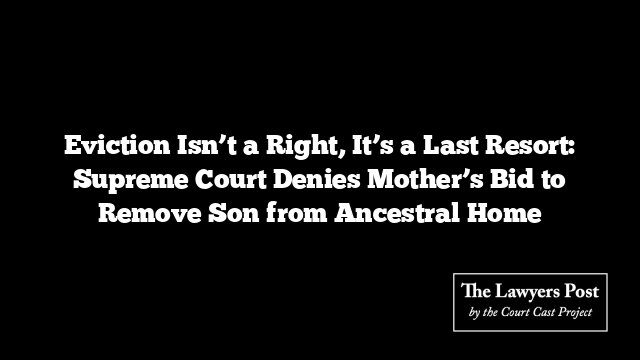In a firm pushback against censorship and what it called “weak-minded” policing, the Supreme Court on Friday struck down an FIR filed against Congress MP Imran Pratapgarhi over a social media post that featured a poem with hard-hitting lines — “Ae khoon ke pyase baat suno” — playing in the background.
The top court called the case against Pratapgarhi a direct affront to free speech and took the opportunity to remind both the judiciary and the police of their constitutional duty: to protect liberty, not trample it under popular discomfort or political pressure.
A bench of Justices Abhay Oka and Ujjal Bhuyan found no criminal offence in Pratapgarhi’s Instagram post, dismissing the Gujarat Police’s claim that the content stirred communal tension.
“Even if many find the message disagreeable,” the court said, “the right to say it must still be defended.”
The ruling delivered more than just relief for Pratapgarhi — it was a sharp lesson in constitutional values for both the police and the judiciary. Literature, poetry, and even provocation, the bench declared, are vital in a free society.
‘You Don’t Have to Like It — You Still Have to Protect It’
In a pointed message seemingly aimed at the Gujarat High Court, which had earlier declined to quash the FIR, the apex court said judges can’t pick and choose whose rights to defend.
“Even if judges don’t like what’s being said, they’re bound to uphold Article 19(1). The Constitution doesn’t bend around personal taste,” the bench noted.
The court emphasized that a judge’s discomfort with an idea cannot become grounds for legal persecution. “The role of Constitutional courts is not to be gatekeepers of popular sentiment but defenders of liberty,” it said.
Police Told to Rethink Their Role
The judgment also took aim at the police’s overreach. The bench cautioned officers against filing cases merely because content is controversial or disliked.
“Freedom of expression is not judged by the insecurities of those in power,” the court noted, adding that Section 196 of the Bharatiya Nyaya Sanhita must be interpreted by the standards of strong, courageous individuals — not fragile egos.
It reminded the police that they, too, are bound by the Constitution, and that liberty of thought and expression is not a favor to be granted, but a right to be protected.
A Timeline of Escalation — and Correction
The FIR, registered in Jamnagar, accused Pratapgarhi of promoting enmity and threatening harmony through poetic expression. The poem’s references to “the throne” had drawn criticism, and the Gujarat High Court concluded that such a post by an MP could disturb the peace.
Pratapgarhi, who had not responded to police notices, challenged the High Court’s refusal to dismiss the case. The Supreme Court, after pausing police action in January, reserved judgment in early March.
During the hearings, Justice Oka questioned why a poem promoting non-violence would warrant criminal charges. The bench expressed concern over the Gujarat Police’s sensitivity — or lack thereof — and their apparent misunderstanding of Article 19 protections.
While Solicitor General Tushar Mehta defended the state, arguing that public interpretation must be considered, the court didn’t buy it. Senior advocate Kapil Sibal, representing Pratapgarhi, asked the bench to call out the High Court for its failure to stand by fundamental rights.
On Friday, the Supreme Court did just that.





